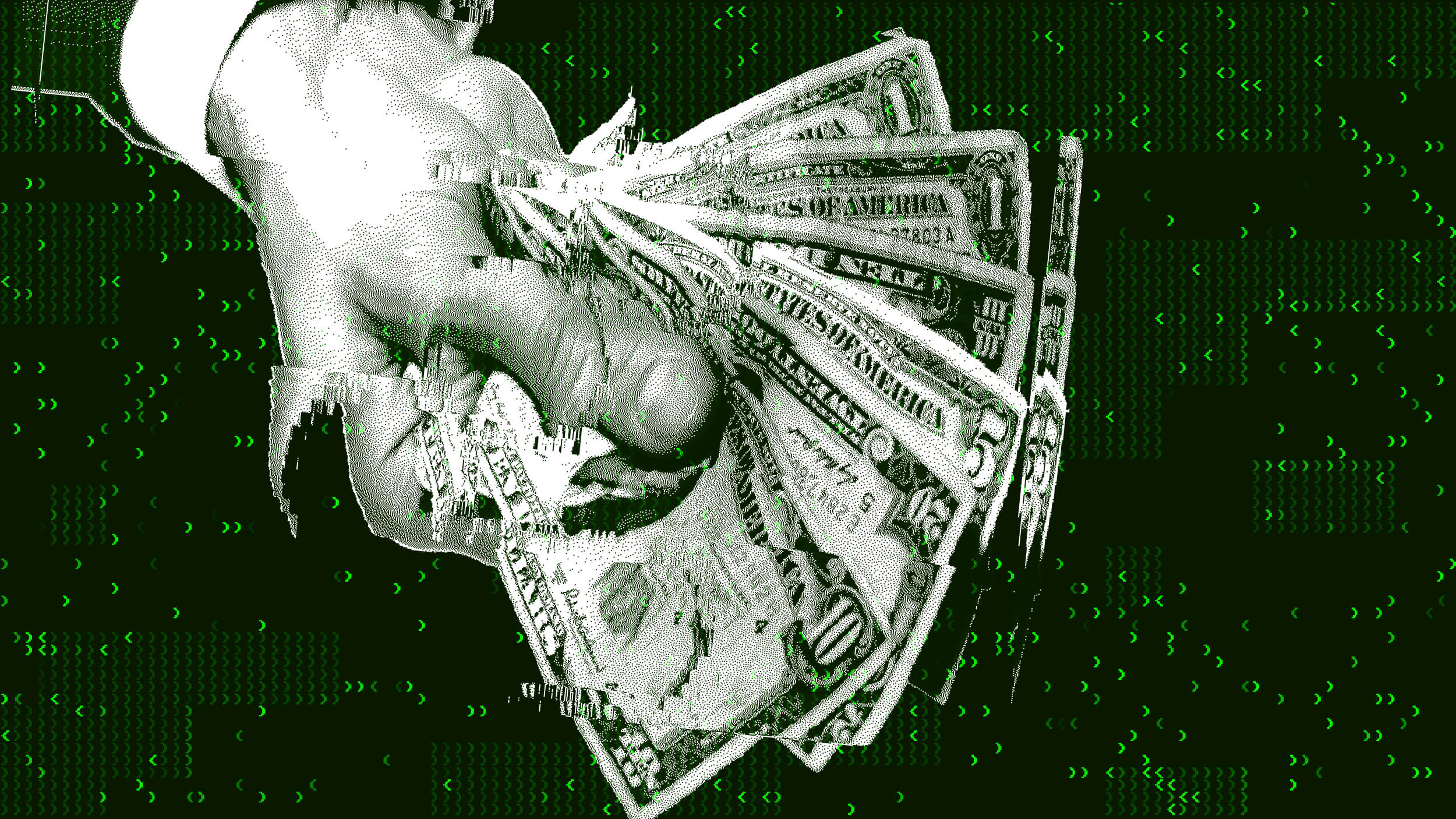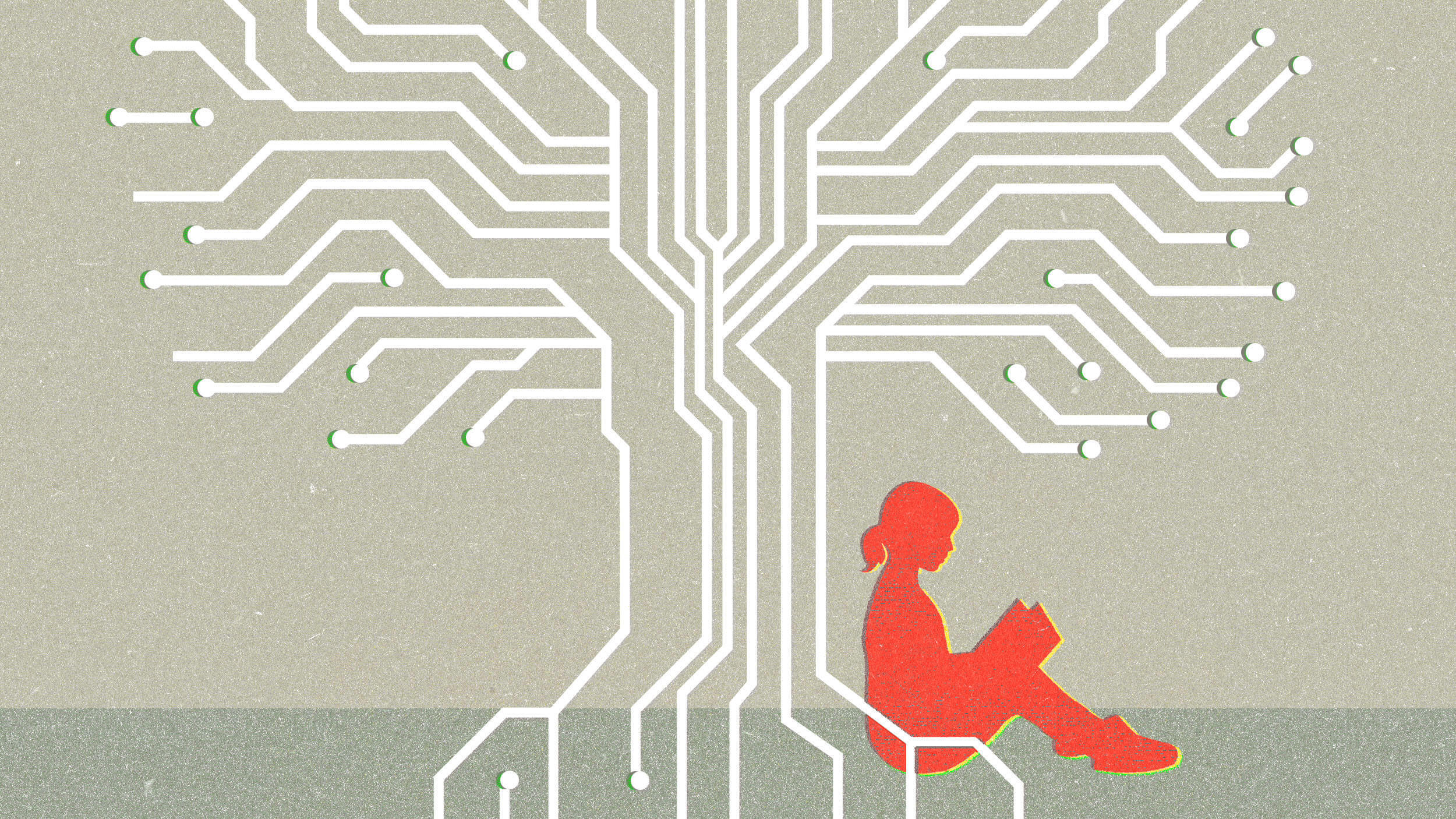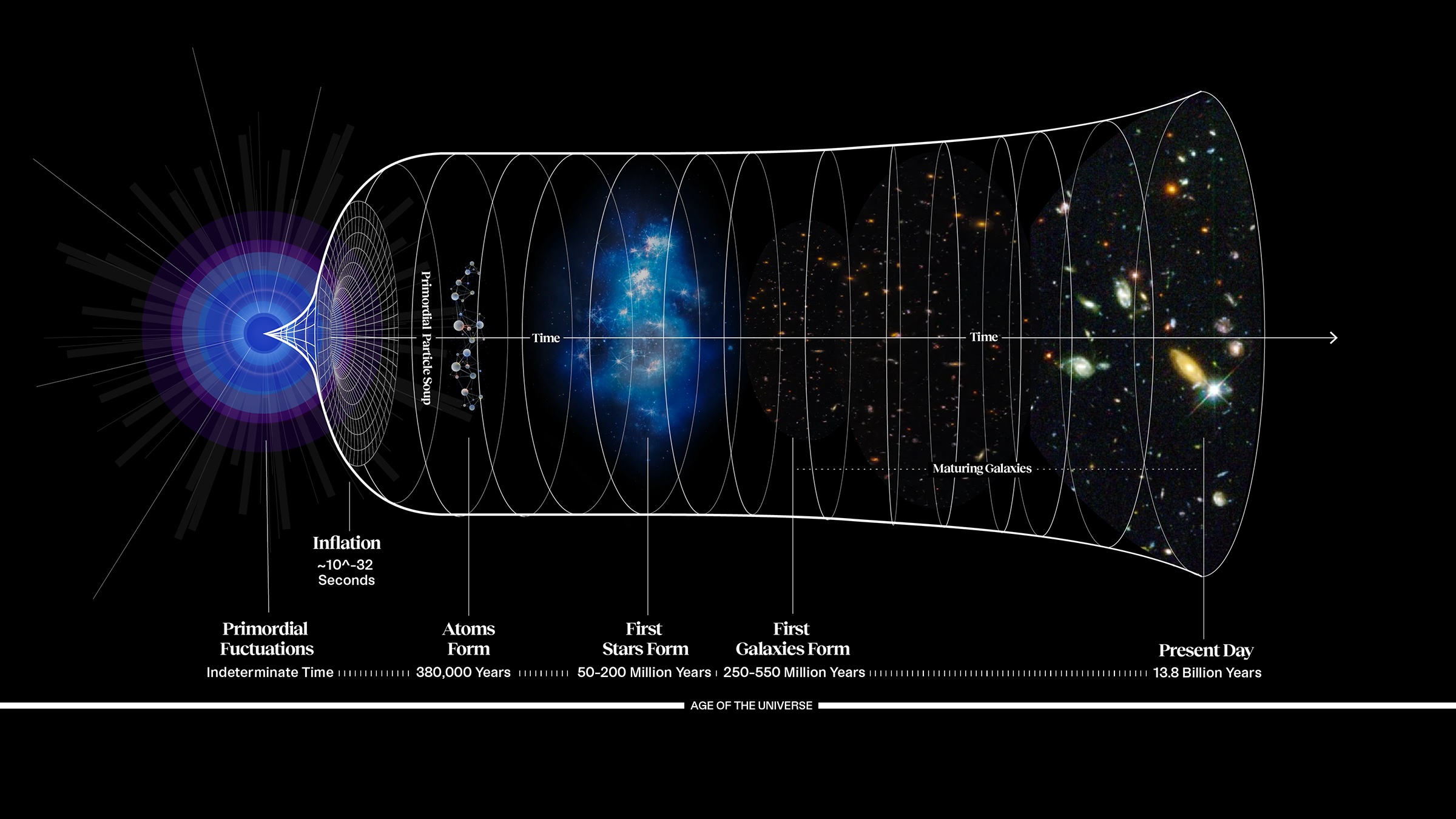What used to be the provenance of the wealthy and powerful is now much more democratized, says Walt.
The Digital Revolution
Stephen Walt: I think we’re also seeing a revolution for how information itself is handled. This interview is a little bit part of that to the extent that this gets web cast and pod cast. And until relatively recently, if you were wealthy and powerful, you also could have a lot of impact on information. You could buy a newspaper. You could buy a broadcasting network. You could hire a publicist to make sure your ideas got on whoever did have a newspaper . . . things like that. And if you didn’t have those things, your capacity to get heard was much less. I think one of the consequences of the Internet and . . . and the gradual spreading out of sources of information is that people who don’t have a whole lot of resources can, by sort of sheer wit, or brilliance, or energy become a voice . . . become heard. Not all of them, right? The blogosphere, for example, tends to be a few people everybody reads or many people read, and millions of people that nobody reads. But still those other people aren’t necessarily in a wealthy, powerful . . . connected to wealthy or powerful institutions. And I think over time we may see this world in which information has become a . . . much more democratized as well. But where that’s going to take us I’m not sure.
Recorded on: 10/8/07
Image courtesy of Faraways / Shutterstock.com.





